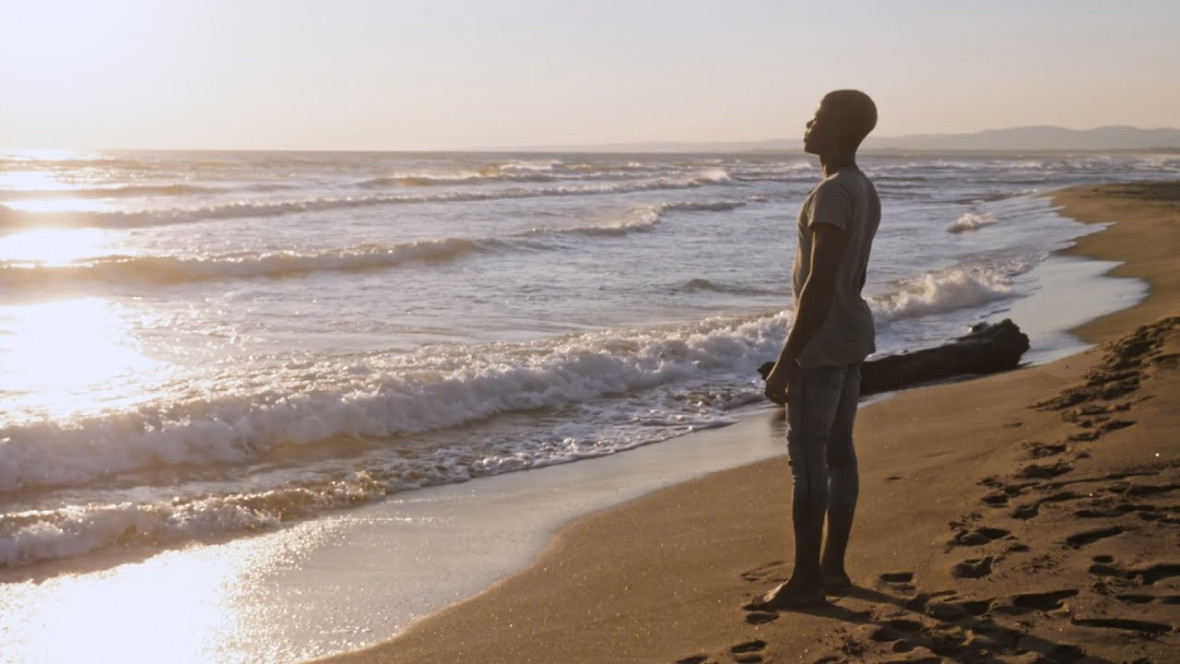Save our oceans to protect our health
19.05.2021
The European interdisciplinary collaboration "Seas, Oceans and Public Health In Europe" (SOPHIE) Project, led by the University of Exeter and funded by Horizons 2020, has outlined the initial steps that a wide range of organisations could take to work together to protect the largest connected ecosystem on Earth. In a commentary paper published in the American Journal of Public Health the researchers, among them Torsten Thiele of the Institute for Advanced Sustainability Studies (IASS), call on public health and medical professionals to harness the UN Ocean Decade (2021-2030) as a meaningful catalyst for global change, reminding us that ocean health is intricately linked to human health.

The paper highlights 35 first steps for action by different groups and individuals, ranging from individual citizens, healthcare workers, and private organisations, through to researchers and policymakers.
IASS researcher Torsten Thiele explains, “We need a healthy ocean to effectively address the climate catastrophe and biodiversity crisis in the wake of the Covid-19 pandemic. Human health and ocean health must be considered from a holistic perspective."
First author Professor Lora Fleming, of the University of Exeter, said: “The devastating Covid-19 pandemic, climate and other environmental change and the perilous state of our seas have made clear that we share a single planet with a single global ocean. Our moral compass points to addressing the myriad threats and potential opportunities we encounter by protecting and providing for everyone, both rich and poor, while learning to sustain all ecosystems.”
The researchers point to our huge reliance on our global ocean as a source of food and economic income internationally, as well as a precious resource that research shows benefits our mental and physical health. However, the consequences of the impact of human activity are severe. Extreme weather events induced by climate and other environmental change result in coastal flooding, exposure to harmful algal blooms, and chemical and microbial pollution. These threats are compounded by sea-level rise, ocean warming, acidification, and deoxygenation associated with global environmental change.
At the same time, the coasts, seas and ocean provide us with food, trade, culture, renewable energy, and many other benefits. In fact, there is now strong evidence that access to healthy coasts can improve and preserve our physical health and mental wellbeing. And a healthy ocean is a major source of potential natural products including medicines and green substitutes for plastics.
The paper suggests a list of possible first steps to a wide range of groups who can influence ocean health, emphasising that holistic collaboration is essential to make an impact.
For example:
- Large businesses can review their impact on ocean health, share best practice and support community initiatives.
- Healthcare professionals could consider “blue prescriptions”, integrated with individual and community promotion activities
- Tourism operators can share research on the benefits of spending time by the coast on wellbeing, and collect and share their customers’ experiences of these benefits.
- Individual citizens can take part in ocean-based citizen science or beach cleans and encourage school projects on sustainability.
The paper calls on planners, policy-makers and organisations to understand and share research into the links between ocean and human health, and to integrate this knowledge into policy.
Co-author Professor Sheila JJ Heymans, of the European Marine Board, said: “The UN Ocean Decade is a chance to truly transform the way we interact with the global ocean. Given how critical the link is between the health of people and the health of the ocean and how important the ocean is for humans, achieving the aims of the Ocean Decade should not be left to just the ocean community. By working together with communities, policy makers, business and other stakeholders, we add impetus to finding powerful, effective, new ways to foster a step change in public health.”
Publication:
The paper is entitled ‘The Ocean Decade— Opportunities for Oceans and Human Health Programs to Contribute to Public Health’, and is published in the American Journal of Public Health.
Media
Video zum Projekt SOPHIE

